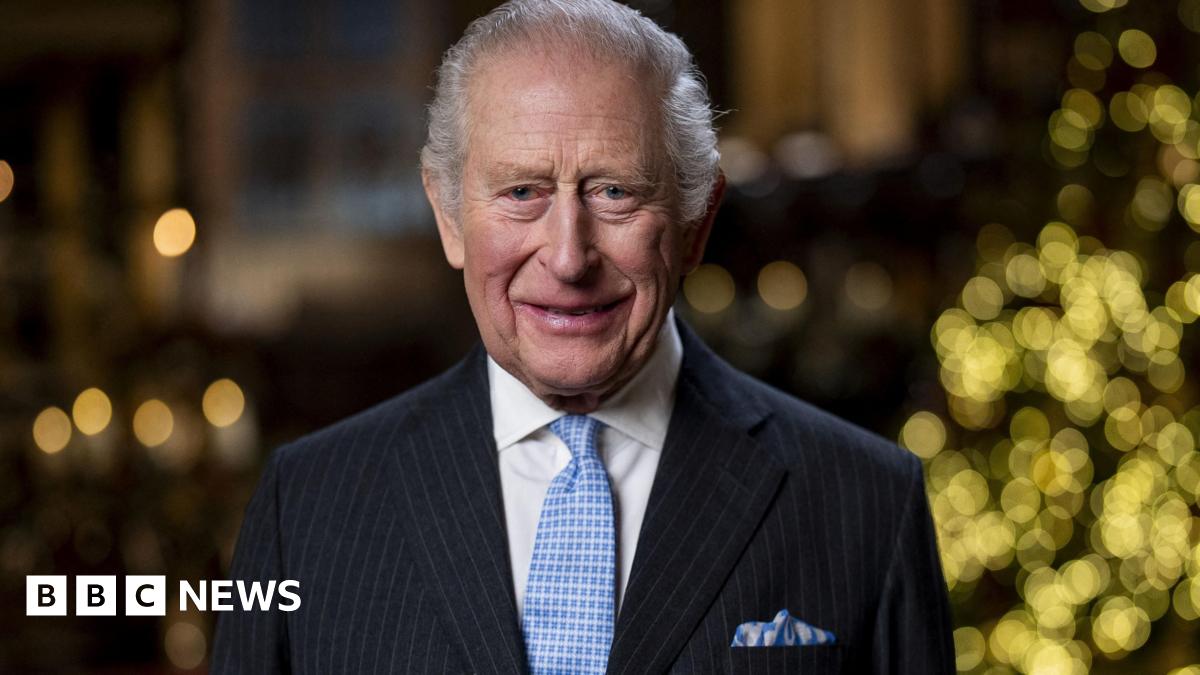The speech included a call for quiet and calm as “our world seems to spin ever faster”, with King Charles quoting poet TS Eliot’s words about finding the “still point of the turning world”.
A royal aide said this was a reference to the social…

The speech included a call for quiet and calm as “our world seems to spin ever faster”, with King Charles quoting poet TS Eliot’s words about finding the “still point of the turning world”.
A royal aide said this was a reference to the social…